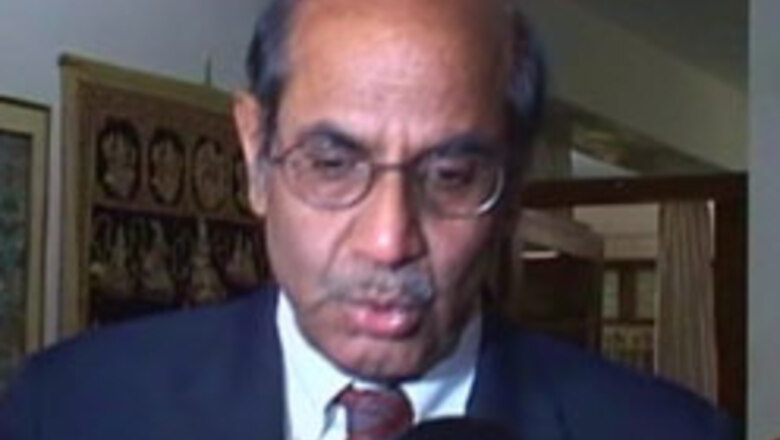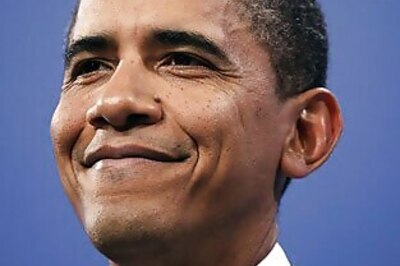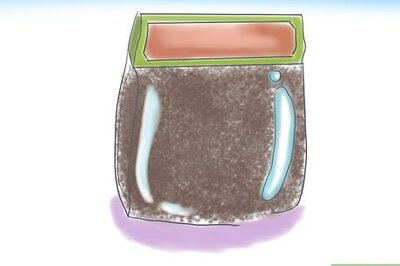
views
New Delhi: As efforts to plough the civil nuclear deal through the US Congressional processes continue, India has stepped up lobbying with Nuclear Suppliers Group (NSG) countries and found the positive response increasing among the member countries.
Besides taking up the matter with NSG members individually, New Delhi also made a presentation at a special session of the 45-nation grouping in Vienna on October and received "very good feedback".
Shyam Saran, India's Special Envoy on the nuclear deal, recently undertook a visit to Sweden, Norway and Ireland, which have strong views on non-proliferation and had initially reservations with regard to the deal.
The deal, clinched in March 2006 during the visit of US President George W Bush, is aimed at enabling India to have civil nuclear trade with the international community after 32 years.
The NSG is required to change its guidelines for international trade in nuclear field to allow that cooperation.
While seeking support for the agreement that will allow international community to resume nuclear trade with India, he explained the details of the agreement and cited the country's responsible behaviour and impeccable track record with regard to non-proliferation, official sources said.
Saran, the former Foreign Secretary who was the key interlocutor for the Indo-US deal, emphasised that India was a responsible country, which had unilaterally declared moratorium on nuclear testing and had a no-first-use doctrine, they said.
He also sought to allay concerns of these European countries with regard to proliferation by drawing their attention to legal mechanisms, like a law on Weapons of Mass Destruction (WMD), put in place by New Delhi to check pilferage in the atomic field.
"The response of all the three countries was positive," the sources said.
Saran is likely to visit other NSG member countries to explain India's case.
Earlier, Indian officials made a detailed presentation at the NSG meeting in Vienna answering all queries that the members had with regard to the deal, the sources said.
"All the concerns raised by various members were satisfactorily answered," they said, adding India's case was "very well received" and "feedback was very good".
New Delhi feels that the support for the agreement is growing and many of those having reservations earlier had turned positive lately. Outstanding cases cited in this regard are Brazil and South Africa, which have openly come out in support of India's quest for civil nuclear energy.




















Comments
0 comment